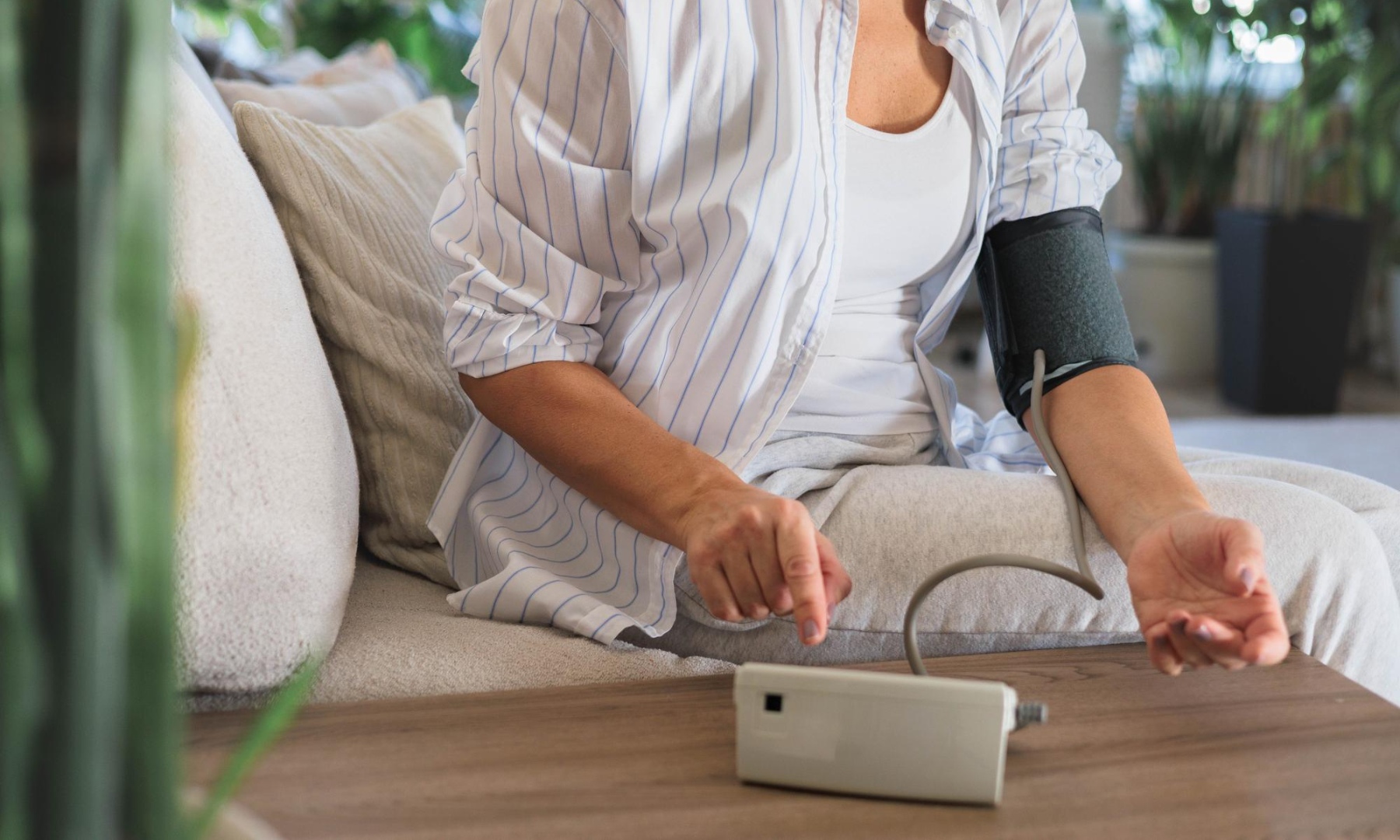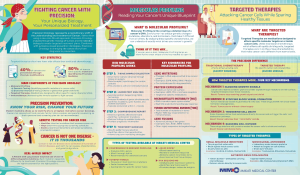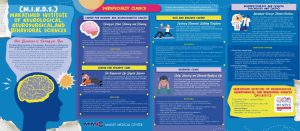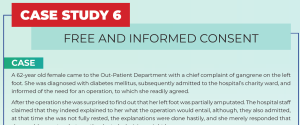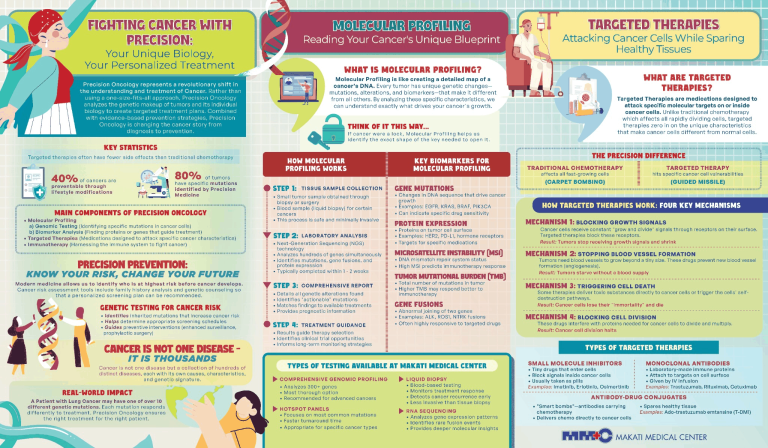Ask the average Filipino on the street what their blood pressure is and chances are, he would not know it, more so that he is already hypertensive.
He is not alone. A 2021 study by the Philippine Heart Association revealed that 48% of Filipinos didn’t know they have high blood pressure. In another study, this one involving Filipinos 60 years old and above, 61.6% were unaware they were hypertensive—and 51.5% were not taking any medication for it.
No wonder high blood pressure has the ominous reputation of being a “silent killer.” Experiencing no apparent symptoms, hypertensives go about their day, oblivious to the possibility that they could have a stroke or heart attack at any given moment.
Ultimately, the only way to know your blood pressure is through a monitor that is cuffed to your upper arm. But given how blood pressure changes throughout the day—affected by age, movement, stress, and medication—how often should you check your BP? Every hour? Every day? Once a year?
Juan Armando Diaz, MD, a Cardiology Specialist at Makati Medical Center (MakatiMed), explains the importance of familiarizing yourself with your blood pressure and the steps to take to ensure it stays at a healthy level.
Getting to know your BP
Blood pressure or BP, defined by the World Health Organization (WHO) as the force of blood pushing against the walls of your blood vessels (or arteries) as it is pumped by the heart, comes in two (2) numbers:
- Systolic (the upper number)refers to the highest pressure in the arteries, measured when the heart contracts (beats) and pumps blood.
- Diastolic (the lower number)indicates the lowest pressure in the arteries, measured when the heart is at rest between beats.
Several blood pressure guidelines, including the one by the European Society of Cardiology, identify a systolic of 120 or lower as normal. This means a systolic of 120 is already considered elevated.
“When you have a systolic of 120 or 130, we monitor. But when it reaches 140, that’s when it’s called hypertension or high blood pressure,” says Dr. Diaz. “This is the blood pressure that is dangerous to the body, especially if it has been experienced for a long time.”
Besides leading to stroke and heart attack, chronic uncontrolled high blood pressure also affects the kidneys’ ability to filter out toxins and waste, resulting in kidney failure and the need for dialysis. Blood vessels in the eyes damaged by high blood pressure can lead to vision problems and eventual blindness. Erectile dysfunction or the result of limited blood flow to the penis has also been linked to high blood pressure.
Once regarded as an old person’s disease, hypertension is fast becoming a condition of millennials and Gen Z. “You’ll be surprised,” reveals Dr. Diaz. “I have 20-year-olds, 25-year-olds who are asking for consultations because in their annual physical exam, their systolic is around 140, 150, 160.”
The doctor attributes the younger generation’s hypertension to a lifestyle of less activity and more processed foods. “Back then, we didn’t have a lot of gadgets. Our meals were usually homecooked. Now, it’s easier for us to access junk foods high in salt. These are all risk factors to increasing your blood pressure.”
Monitoring your BP
Doctors recommend taking your blood pressure twice in the day—the first in the morning before eating or taking any medication, the second in the evening. Rest for a few minutes prior to your monitoring and make sure to check your BP while you’re seated.
Sphygmomanometer or digital monitor? While each has its pros and cons (the former is said to give a more accurate reading, the latter is convenient and user-friendly), either is okay and better than no monitoring device at all.
What about wearable tech like smart watches? “I don’t discourage patients from using it because it’s a good screening tool,” shares Dr. Diaz. “If they see that their blood pressure is consistently elevated, it may be a good sign to see a doctor.”
Is your BP in your doctor’s clinic way higher than your BP at home? That’s what’s known as “white coat hypertension,” or high blood pressure due to the stress you feel in a hospital setting. Dr. Diaz remedies the discrepancy by asking his patients to bring their BP machines during their next consultation so they can compare results with his clinic’s machine
Achieving the recommended BP
Calcium channel blockers (think amlodipine, nifedipine, and felodipine) are a type of blood pressure medication that relaxes the blood vessels, allowing for the easy flow of blood. Follow doctor’s orders regarding the dosage and frequency of taking these meds. Achieving the ideal systolic of 120 or lower doesn’t mean you stop taking them. “That’s why they’re called maintenance medicine,” quips Dr. Diaz.
Tweaks to your lifestyle are beneficial not only to your BP but your overall health. “Exercise is the easiest thing to do,” says the MakatiMed cardiologist. “Two (2) hours of exercise per week. If you can’t do it every day, two hours of exercise cumulative per week is the minimum. Actually, 15 to 20 minutes per day of just walking continuously is already enough to improve your heart health. So, I just tell my patients to just walk continuously.”
Keeping salt intake down to less than 2 grams a day is a tall order—and difficult to measure. “It is the simplest way to make sure your food doesn’t taste salty,” says Dr. Diaz. “Of course, our sauces—patis, toyo, bagoong—are all delicious, so everything in moderation.”
Now’s the perfect time to quit smoking, vaping, and alcohol—habits that do nothing to improve blood pressure. And while stress is part of life, learn to ride these occasional storms with calmness and detachment.
These recommendations are not cures to hypertension—rather, they’re effective solutions to managing the condition.
“We can all be healthy,” assures Dr. Diaz. “We just need to follow the right lifestyle changes—avoid smoking, exercise every day, reduce salt and sugar intake in our bodies—and we can all avoid diseases.”
Article based on the Doctors on TV guesting of Juan Armando Diaz, MD last May 11, 2025.
For the complete list of Makati Medical Center’s Cardiology Specialists, click here. You may also reach us via MakatiMed On-Call at (+632) 8888 8999 or at [email protected].
Follow our social media pages for more health-related content and for the latest updates: https://www.makatimed.net.ph/social-media-pages/

